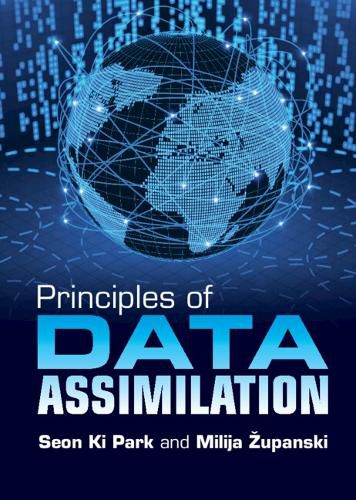Readings Newsletter
Become a Readings Member to make your shopping experience even easier.
Sign in or sign up for free!
You’re not far away from qualifying for FREE standard shipping within Australia
You’ve qualified for FREE standard shipping within Australia
The cart is loading…






Data assimilation is theoretically founded on probability, statistics, control theory, information theory, linear algebra, and functional analysis. At the same time, data assimilation is a very practical subject, given its goal of estimating the posterior probability density function in realistic high-dimensional applications. This puts data assimilation at the intersection between the contrasting requirements of theory and practice. Based on over twenty years of teaching courses in data assimilation, Principles of Data Assimilation introduces a unique perspective that is firmly based on mathematical theories, but also acknowledges practical limitations of the theory. With the inclusion of numerous examples and practical case studies throughout, this new perspective will help students and researchers to competently interpret data assimilation results and to identify critical challenges of developing data assimilation algorithms. The benefit of information theory also introduces new pathways for further development, understanding, and improvement of data assimilation methods.
$9.00 standard shipping within Australia
FREE standard shipping within Australia for orders over $100.00
Express & International shipping calculated at checkout
Data assimilation is theoretically founded on probability, statistics, control theory, information theory, linear algebra, and functional analysis. At the same time, data assimilation is a very practical subject, given its goal of estimating the posterior probability density function in realistic high-dimensional applications. This puts data assimilation at the intersection between the contrasting requirements of theory and practice. Based on over twenty years of teaching courses in data assimilation, Principles of Data Assimilation introduces a unique perspective that is firmly based on mathematical theories, but also acknowledges practical limitations of the theory. With the inclusion of numerous examples and practical case studies throughout, this new perspective will help students and researchers to competently interpret data assimilation results and to identify critical challenges of developing data assimilation algorithms. The benefit of information theory also introduces new pathways for further development, understanding, and improvement of data assimilation methods.